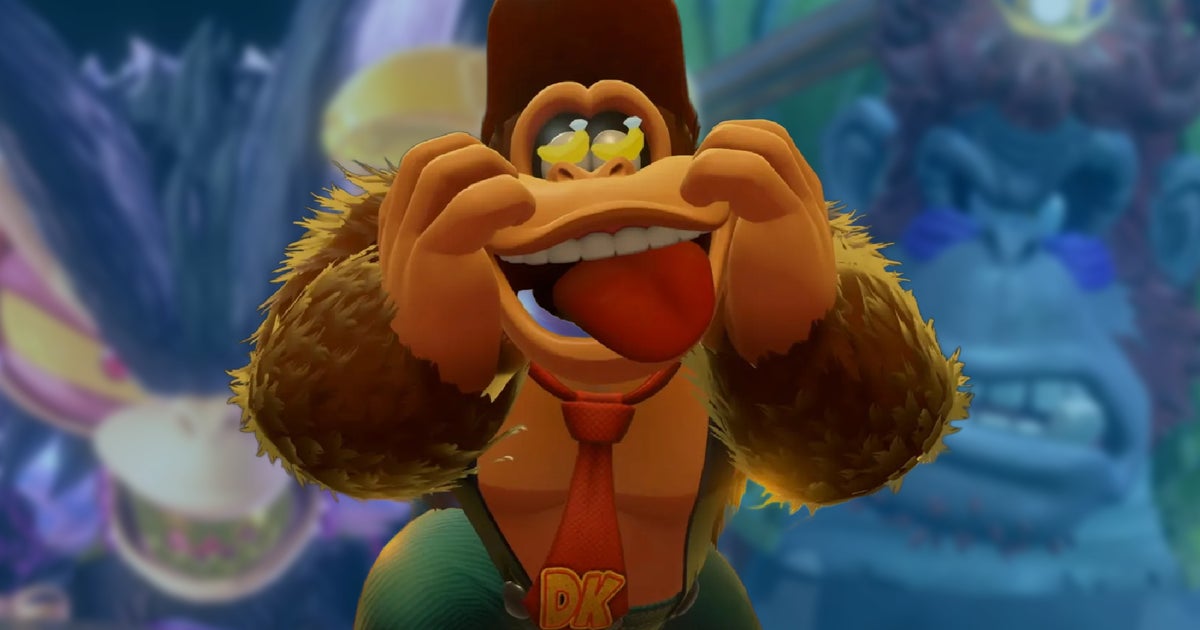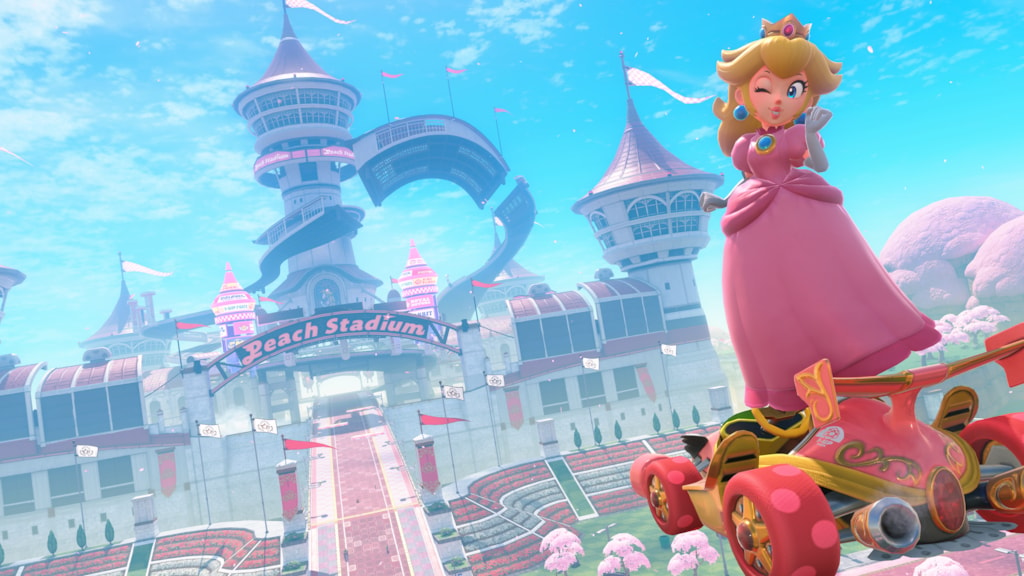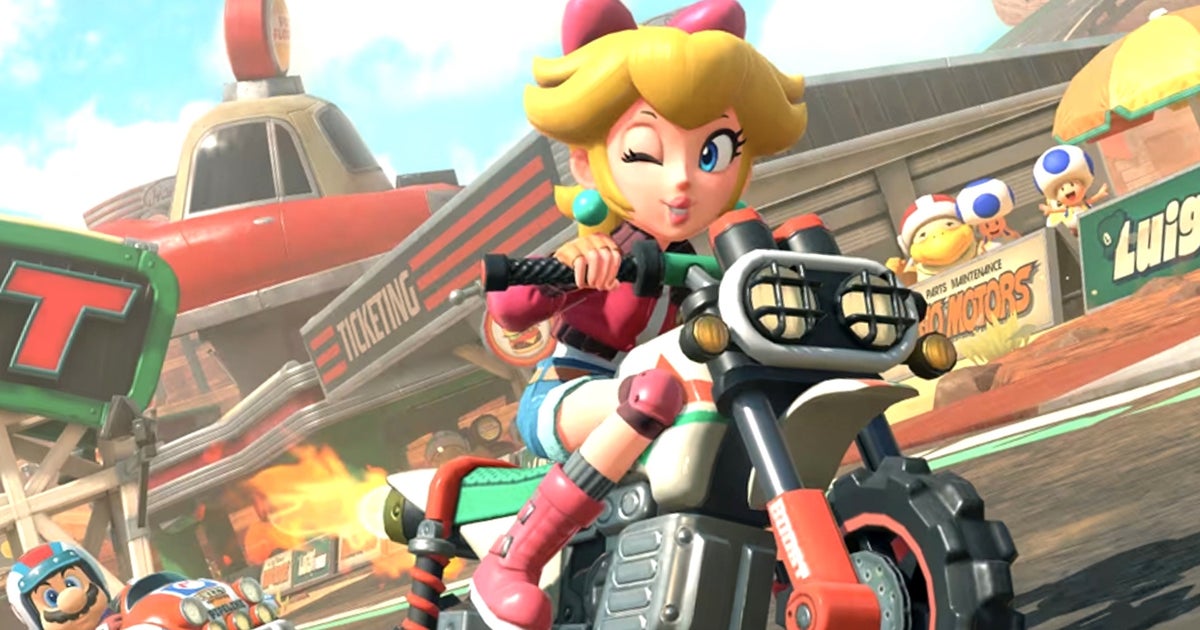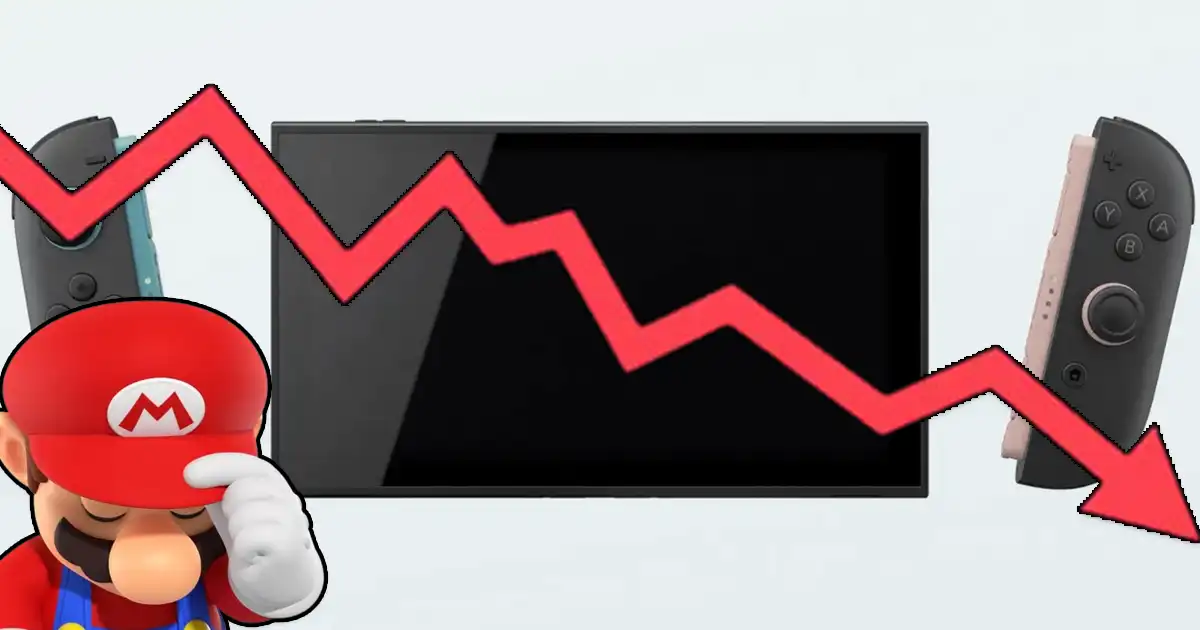T4K3.news
Donkey Kong Bananza raises concerns over voice acting
Players debate the use of gibberish dialogue in the latest Donkey Kong game.

The latest Donkey Kong game raises important questions about character voice acting in modern gaming.
Nintendo must embrace voice acting for richer character experiences
Donkey Kong Bananza introduces players to a new group of villains, the VoidCo Kongs, while showcasing the bond between characters DK and Pauline. The game's playful design targets a younger audience, but the reliance on gibberish for dialogue may limit engagement for kids. Pauline stands out as the only character who speaks English, leading to an inconsistency that may confuse new players. While the game succeeds in building relationships through gameplay and visuals, some critics argue that it misses the mark by not fully utilizing voice acting for all characters. This omission feels out of step with the evolving landscape of interactive storytelling, where captivating narratives should engage players of all ages. As more young fans connect through film and media, the need for more dynamic character interactions grows stronger.
Key Takeaways
"Through Nintendo's own making, we live now in a world where kids recognize that DK guffaws like a gleeful stoner."
This highlights the contrast between character depictions in games and their portrayals in media.
"It feels like a missed opportunity for Nintendo to not fully employ voice acting"
This statement captures the frustration over the current narrative limitations in character dialogue.
"The relationship between DK and Pauline is carried by her voice actor, showcasing the power of good voice acting in storytelling."
This emphasizes the importance of voice in forming strong character connections.
"If the goal is to have these stories run through every aspect of the next generation's lives, then the characters should start speaking properly in games."
This quote sums up the need for voice acting to enhance the gaming experience for younger audiences.
Nintendo's decision to have characters speak in gibberish while including one well-voiced character raises essential concerns about inclusivity in gaming. For young players who may not read well, this design limits their ability to enjoy narratives fully. As gaming evolves to enrich storytelling and character interactions, embracing voice acting for all characters could bridge the gap between gaming and other media experiences for children. Investing in this area would not only enhance accessibility but also enrich the storytelling potential of beloved franchises, making characters more relatable and memorable for the next generation.
Highlights
- Why are we still stuck with gibberish in games?
- Modern stories deserve full voice acting.
- Kids need engaging narratives, not just subtitles.
- Nintendo's characters should embrace their voices.
Voice acting absence sparks criticism
The lack of voice acting in Donkey Kong Bananza may alienate younger players and critics who expect modern engagement standards.
As Nintendo continues to evolve its franchises, the call for fully voiced characters grows stronger.
Enjoyed this? Let your friends know!
Related News

Donkey Kong Bananza ties to Super Mario Odyssey confirmed

Courtney Lin confirmed as Princess Peach's new voice

Courtney Lin confirmed as new voice of Princess Peach

Nintendo faces backlash after disappointing Direct showcase

Mario Kart World introduces new voice actors for Peach and Toad

New Donkey Kong Game Sets High Standards for Switch 2

Donkey Kong Bananza players discover speedrunning secrets

Switch 2 sales figures drop significantly in Japan
